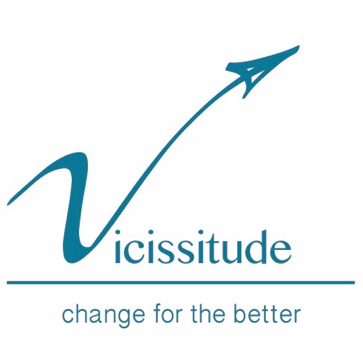Key Insights from the World’s Most Renowned Organisational Psychologist
Every time I see Adam Grant present, I feel like I'm drinking from the firehose of science and sincere stories. Adam’s latest session in Australian, hosted by Growth Faculty, was no different. Following his presentation, I took away five key aspects that I’ve been reflecting on over the last few weeks and have shared them below.
Over-communication is key (make the unfamiliar, familiar)
Adam reported that leaders are 9 times more likely to be reported as under-communicating rather than over-communicating. When we think about a change management process or leading a vision, leaders will generally hold a clear idea or message in their mind. It is familiar to them.
Though, when it comes to conveying this message clearly to their audience, whether that be clients, their colleagues, or direct reports, they need to move the audience from a place of unfamiliarity to familiarity. Communication is key to bridge this gap, particularly when we consider the diverse individuals that are in the workplace. How are you communicating in a way that is clear, concise, and appropriate to your audience? What ways are you checking in to see if they have understood your message?
the greatest barrier to communication is the illusion that it happened
You might have your relationship between confidence and growth around the wrong way
When Adam was discussing the importance of normalising failure, he suggested that some of us may have the relationship between confidence and growth around the wrong way – we think we need to develop the confidence in a skill to take the leap of faith and grow. Though, as we’ve mentioned in one of our previous blog posts, practice makes progress, and the growth happens, and confidence develops when we dip into uncertainty and open ourselves up to the possibility of not succeeding. Adam shared his pursuits to join local sporting teams and shared his coach’s words: “Are you going to do this one day? Yes. Then what are you waiting for?”. These are some simple prompting questions we can ask ourselves to kick-start our next opportunity to develop a skill.
Feedback and vulnerability
In our last blog post we spoke about the importance of bringing vulnerability. Adam Grant showed us an example of how he regularly asks for feedback when he asked the host, Holly Ransom, to rate his talk on a ‘scale of 1-10 and if the score wasn’t a 10, what could make it a 10?’ He was able to show the audience how he actively opens himself up to the truth, rather than claiming he is open to the truth. It takes courage to open ourselves up to feedback, but without it, we risk using the same approach or making the same mistakes over again without growing. These types of conversations, if handled with respect and genuine care for growth, can help build high-trust relationships and encourage a culture where feedback is expected, and vulnerability is fostered.
Consider taking this simple rating tool into your next developmental conversation or catch up with a colleague to gain helpful insights into areas where you could improve.
Tell more stories – they add flavour to research, and enhance relatability
What captures me most about Adam Grant’s facilitation and delivery style is his ability to integrate science and storytelling. Over the years I have been developing my practice as a facilitator by drawing from my experience as a practitioner and my knowledge as a psychologist. Seeing Adam present makes me reflect on why I was drawn to psychology - at a foundational level, it is the science of understanding human behaviour. We all have our inherent desire to relate to, and be relatable to, others and storytelling is a powerful medium to do just that. Stories provide context, flavour, and breathe life into empirical data and enables relatability with a varied audience. What are some of your go-to stories to share with audiences when you’re facilitating?
Re-thinking a reward system
The team at Vicissitude have regularly spoken to our clients about how they measure and reward success. Each role’s success metrics will look different, in different teams and different organisations. Though these measures of success can help scaffold individuals’ development and guide what gets rewarded. Adam prompted my thinking by posing two key elements for success, process and outcomes.
When you consider how you reward your employees or provide feedback to colleagues, are you focused on the process they took or the outcomes they achieved, or both? If we purely focus on the outcomes of someone’s work, then we may find ourselves unintentionally rewarding faulty processes. Similarly, if we only provide feedback on someone’s process, then we miss a big opportunity to consider what the end results is. Adam highlighted the need to consider and discuss the process someone took to making a decision - how did this impact the outcome for good or bad and is this a sustainable and effective approach for long-term productivity?
I would love to hear your thoughts on these key takeaways, was there something that resonated with you? Or something you’re going to take back to your team?
Written by Poppy Orr

